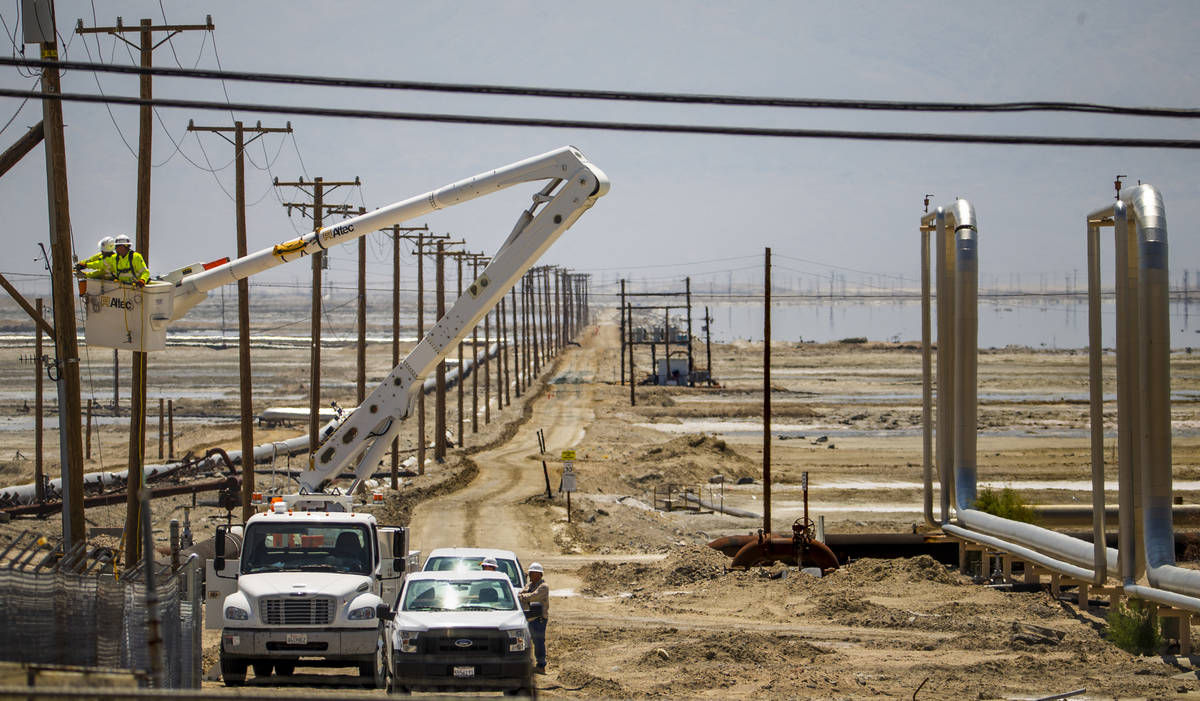EDITORIAL: That’s the night that the lights went out in California
One of the most vocal proponents of the Green New Deal had her 90 seconds at the Democratic National Convention on Tuesday and failed to mention her plan to cripple the U.S. economy in the name of radical environmentalism. Perhaps there was a reason Alexandria Ocasio-Cortez opted to ignore her signature cause.
At the same time the Marxist House member from Brooklyn was offering her wisdom, California was forcing some residents to endure rolling blackouts during an oppressive heat wave that has struck much of the West, including Las Vegas. This inconvenient truth foreshadows life under AOC’s Utopian proposal to sacrifice the energy industry at the altar of green theology.
What’s happening in California goes hand in hand with the state’s effort to transition from fossil fuels — including clean-burning natural gas — to wind, solar and other renewables before the technology can handle the job. There’s still the problem of green energy being unable to provide power 24/7 when the sun sets or the wind calms. Unless the goal is to crater the economy by significantly restricting energy use, fossil fuels remain necessary to ensure reliability.
But California has crippled many nuclear and natural gas plants in an effort to slay the dragon of global warming. As a result, some residents may find themselves in the sweltering dark during the hottest time of year thanks to the state’s progressive class and its preoccupation with green energy mandates — mandates that many in Nevada seek to mimic. “California, in many ways, is the canary in the coal mine,” an energy expert told The Wall Street Journal. “Many of the natural gas units that some in California would like to see go away have been exactly what’s needed to keep the system operating.”
California currently gets more than 33 percent of its energy from renewables, the Journal reports. The state often has to import energy from other areas, including Nevada, but that became problematic as demand increased throughout the region when temperatures soared above 110 degrees in some places.
The situation in California “underscores a growing consensus among energy scholars: that variable renewable energy technologies are unlikely to meet the grid’s power demand by themselves,” Alex Trembath and Zeke Hausfather noted in a Wednesday essay for Slate. Instead, “more firm generating sources, like next-generation nuclear reactors, natural gas plants with carbon capture technologies, enhanced geothermal and others that can balance out variable renewables, will be required.”
The idea propagated by AOC and others that we can simply eliminate fossil fuels and easily and affordably meet the nation’s energy needs is a fantasy given current technologies. California now struggles like a Third World nation to supply enough energy to its residents. Nevada shouldn’t make the same mistake.






















